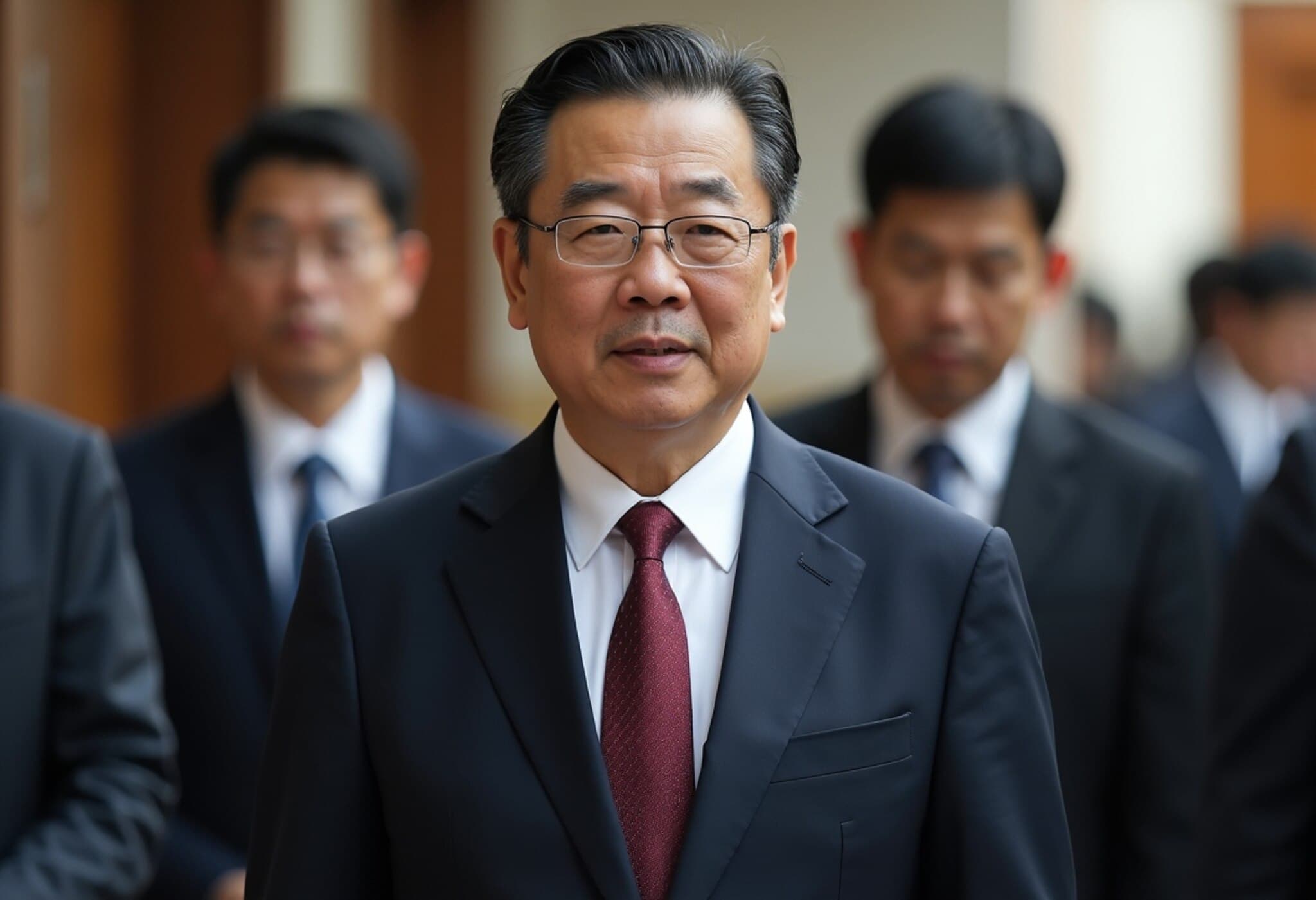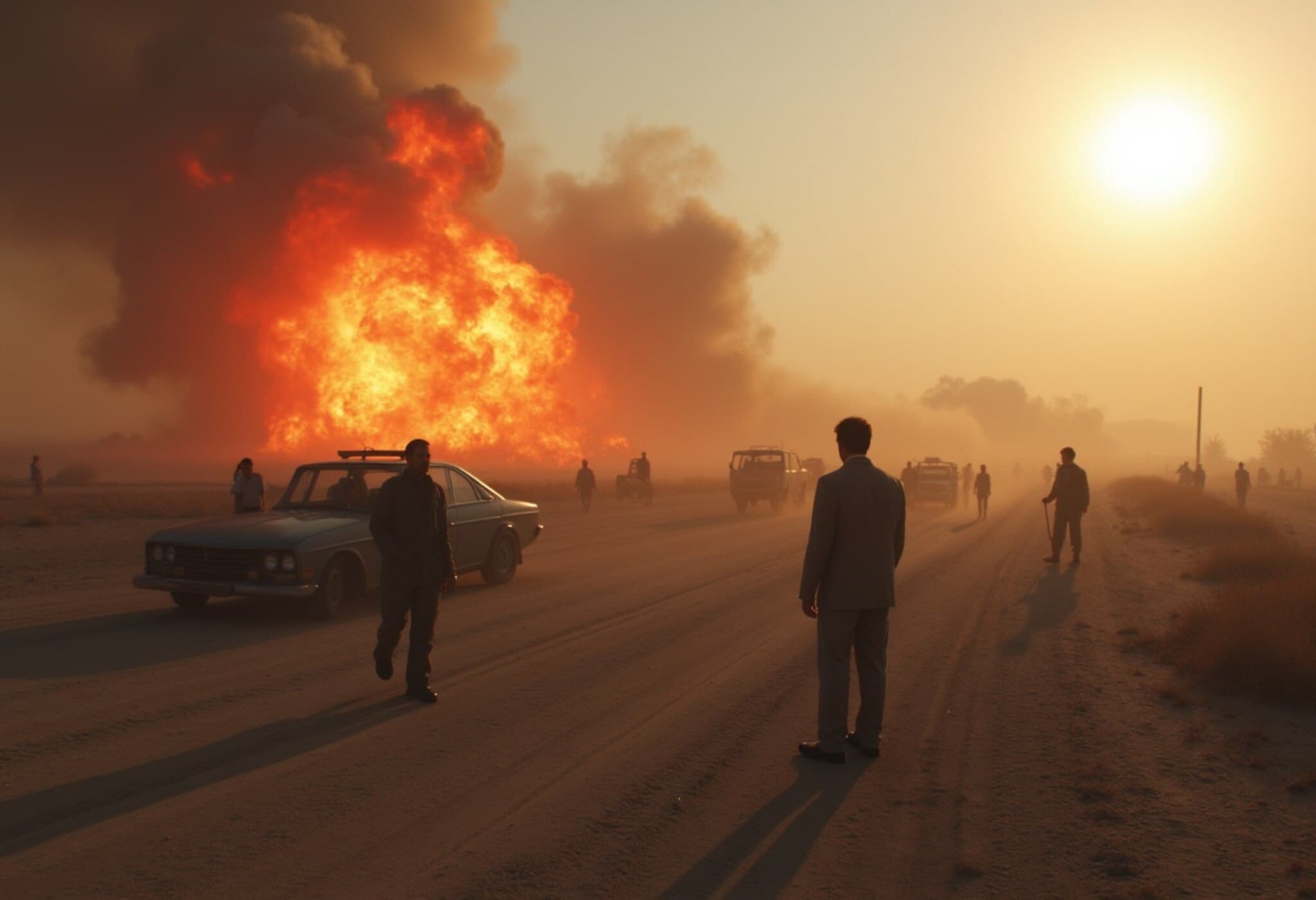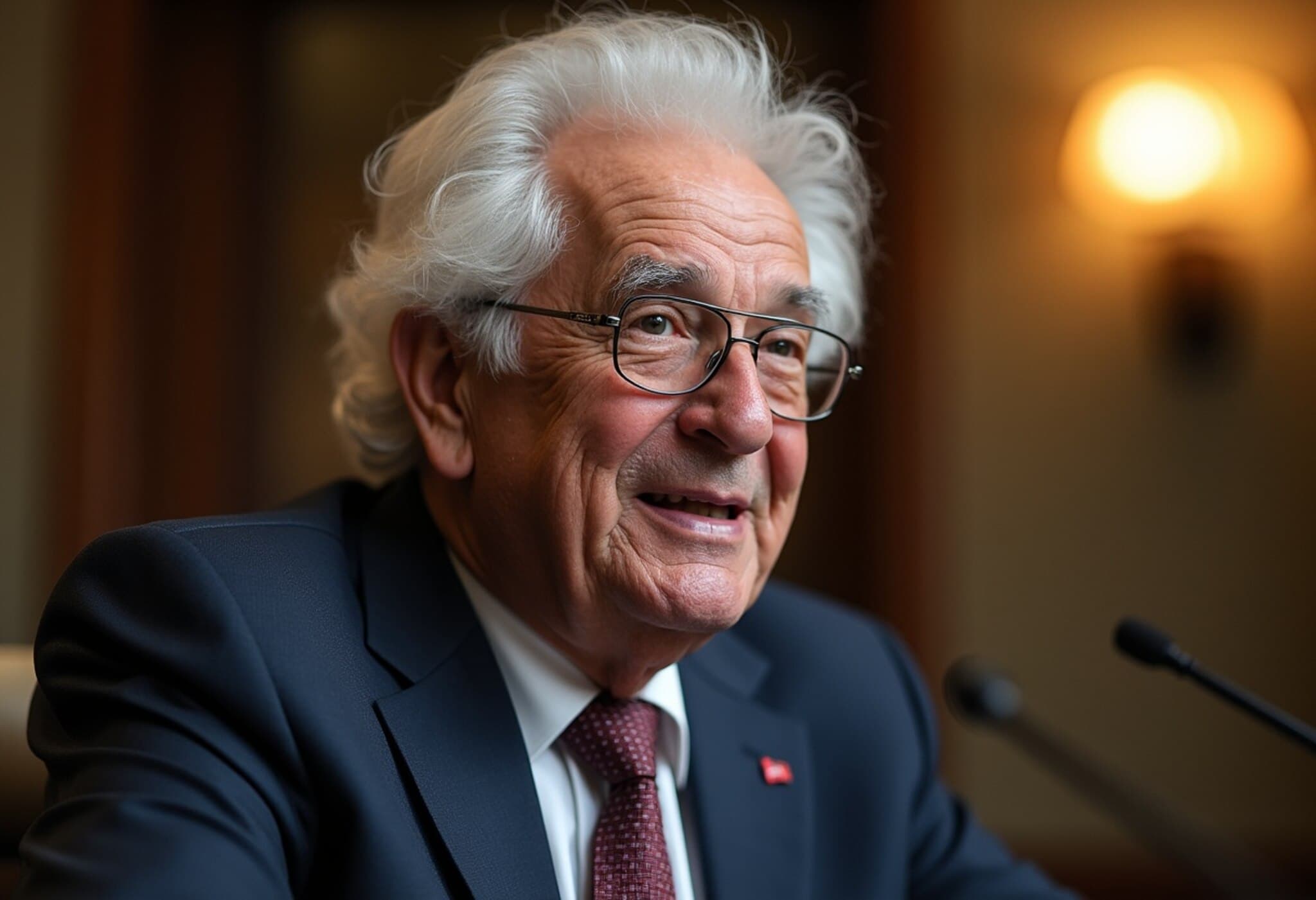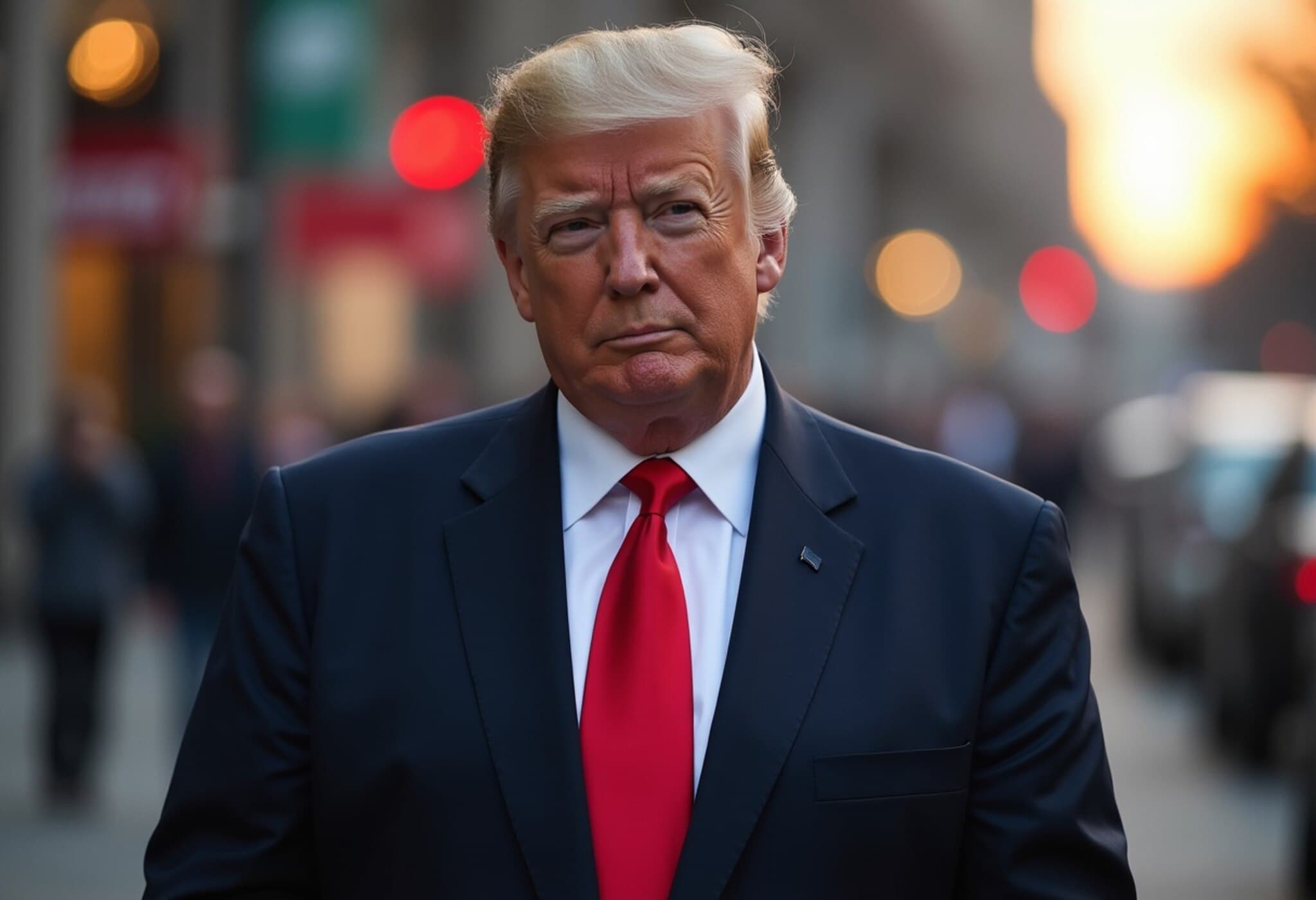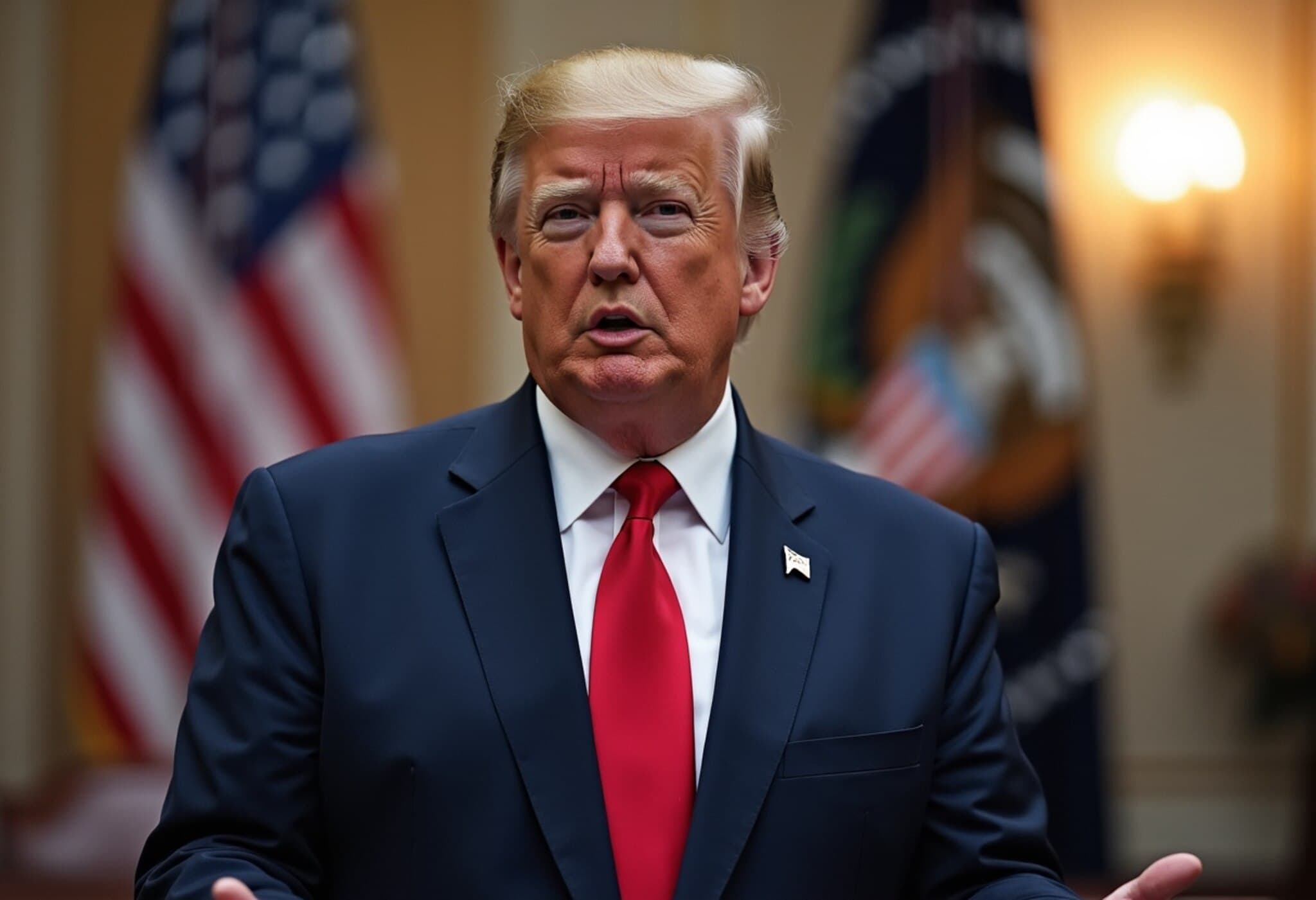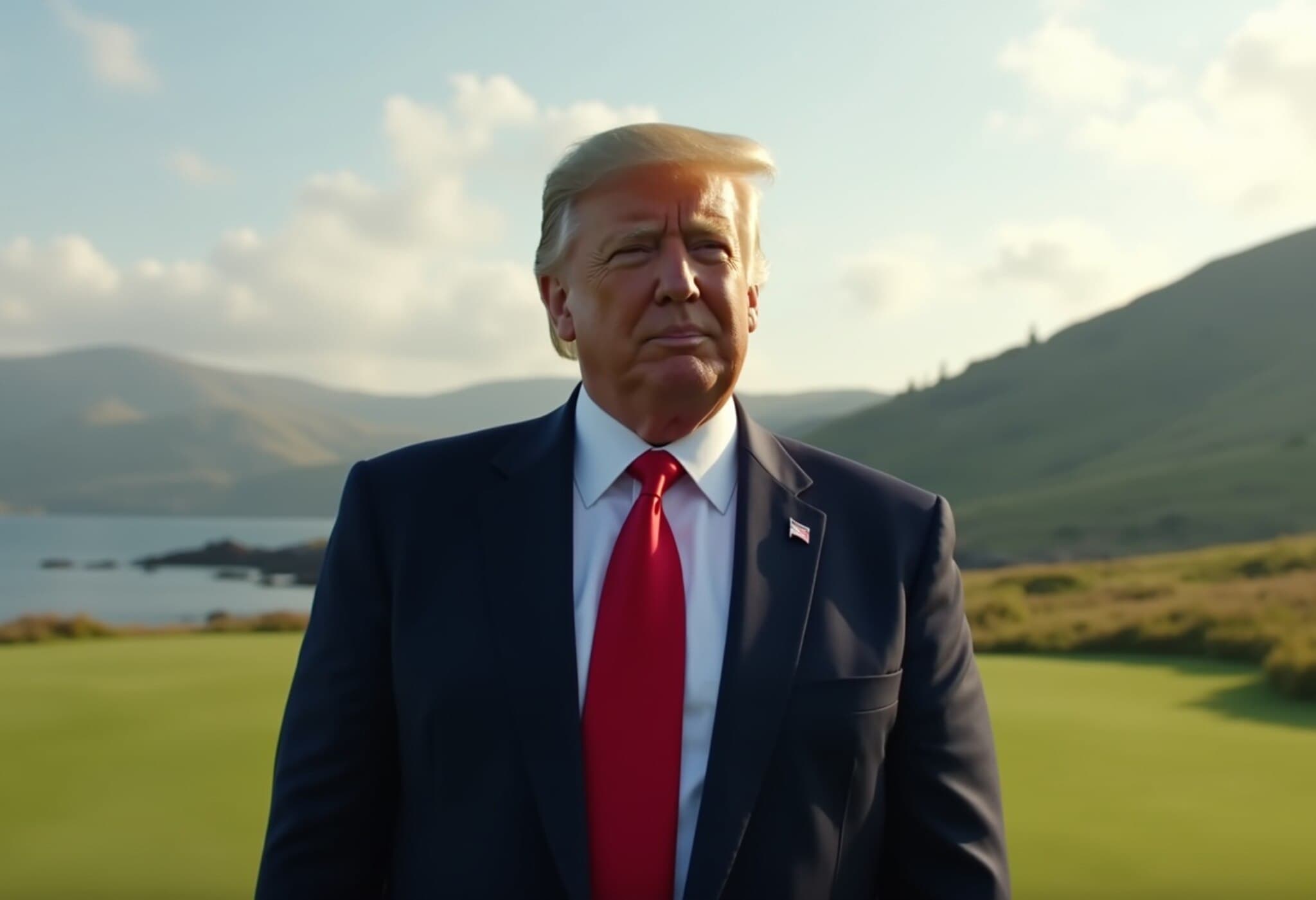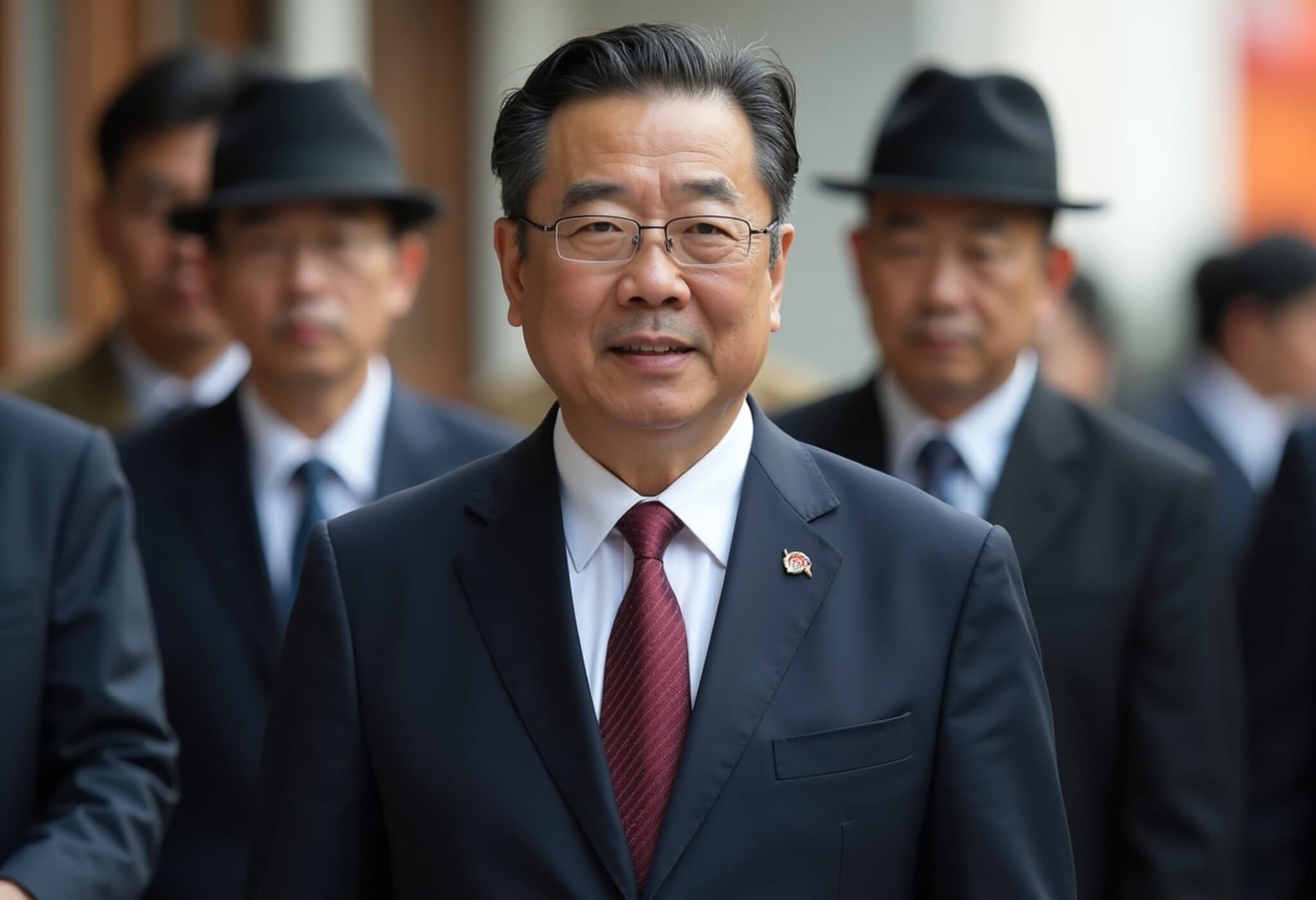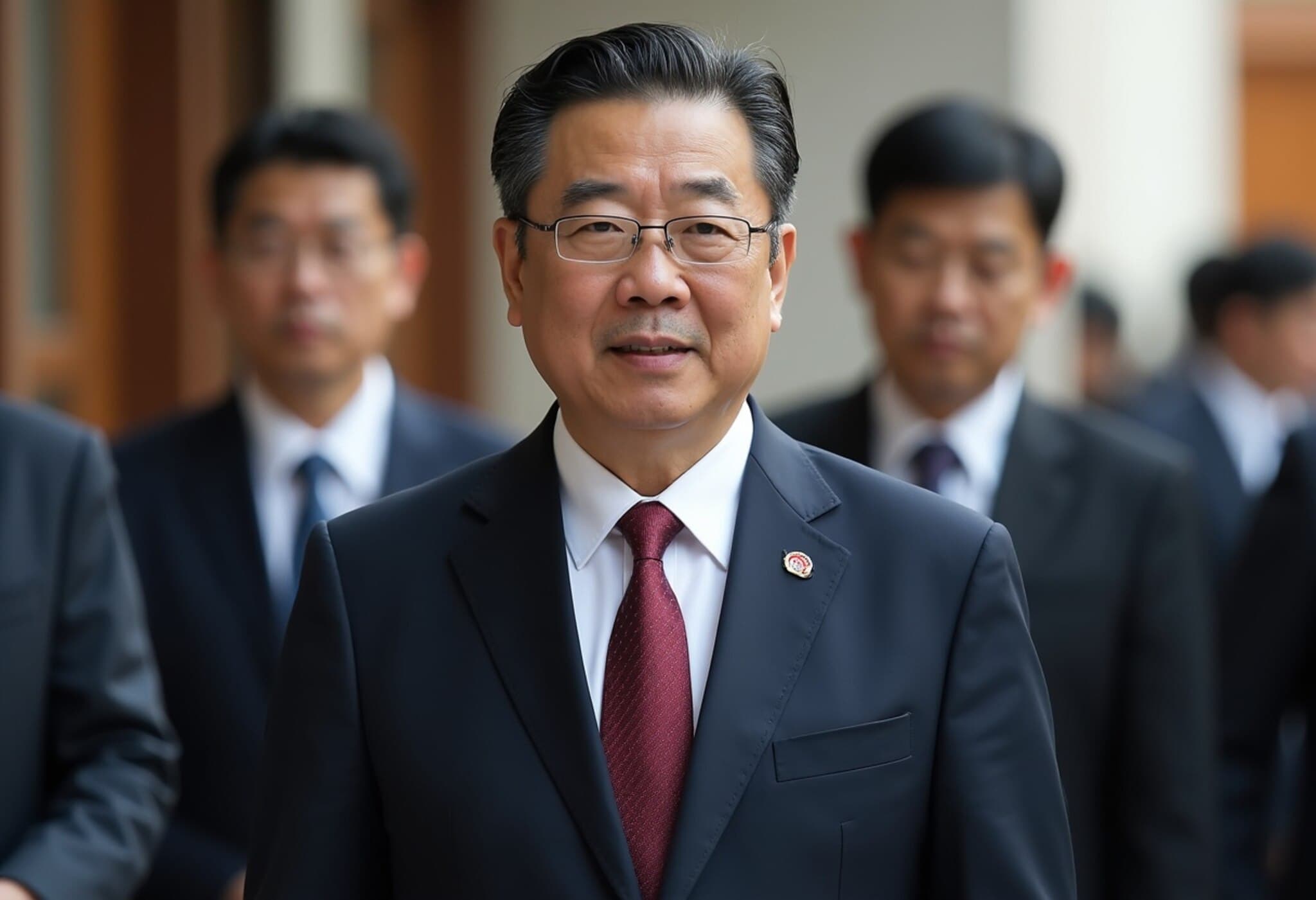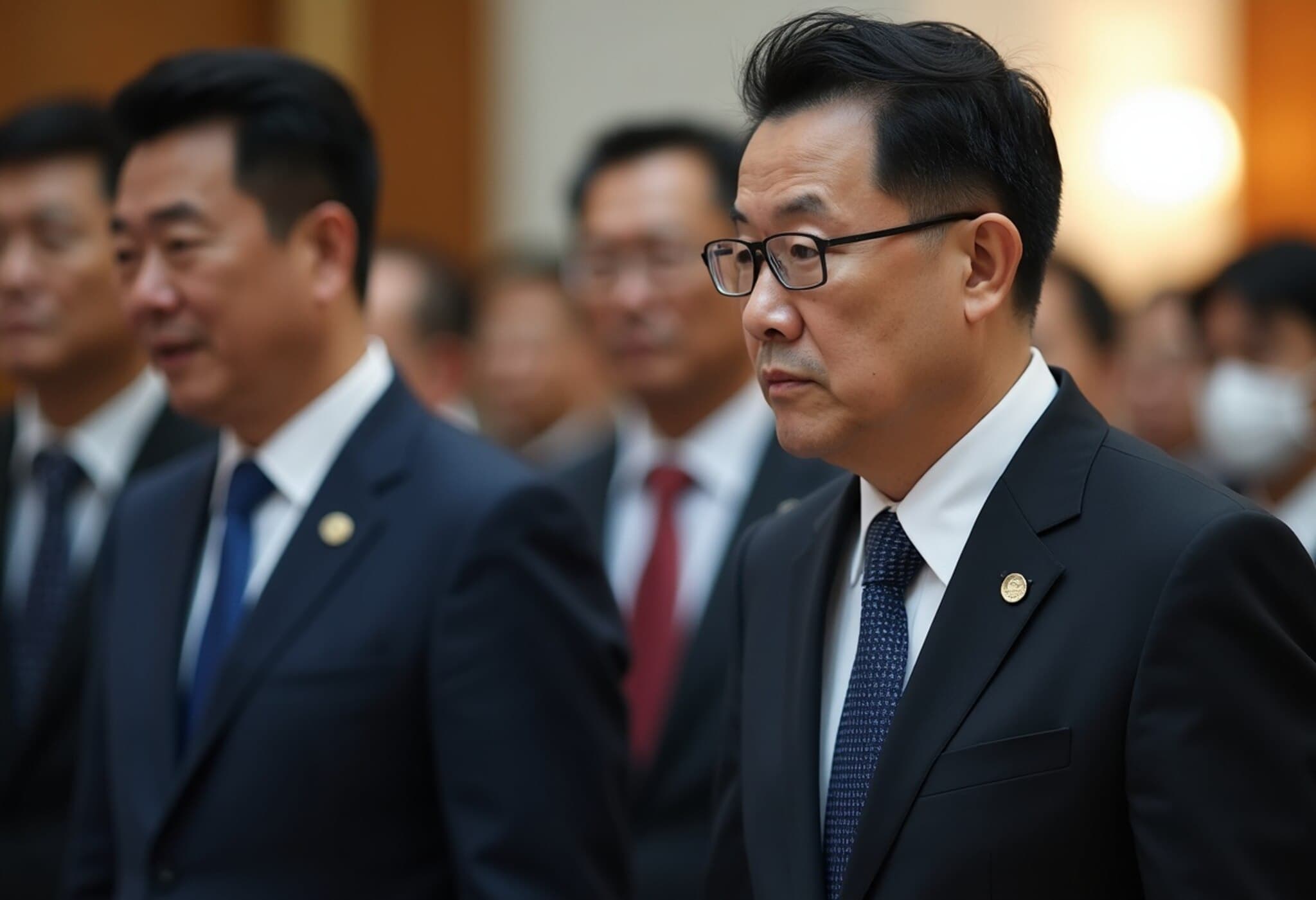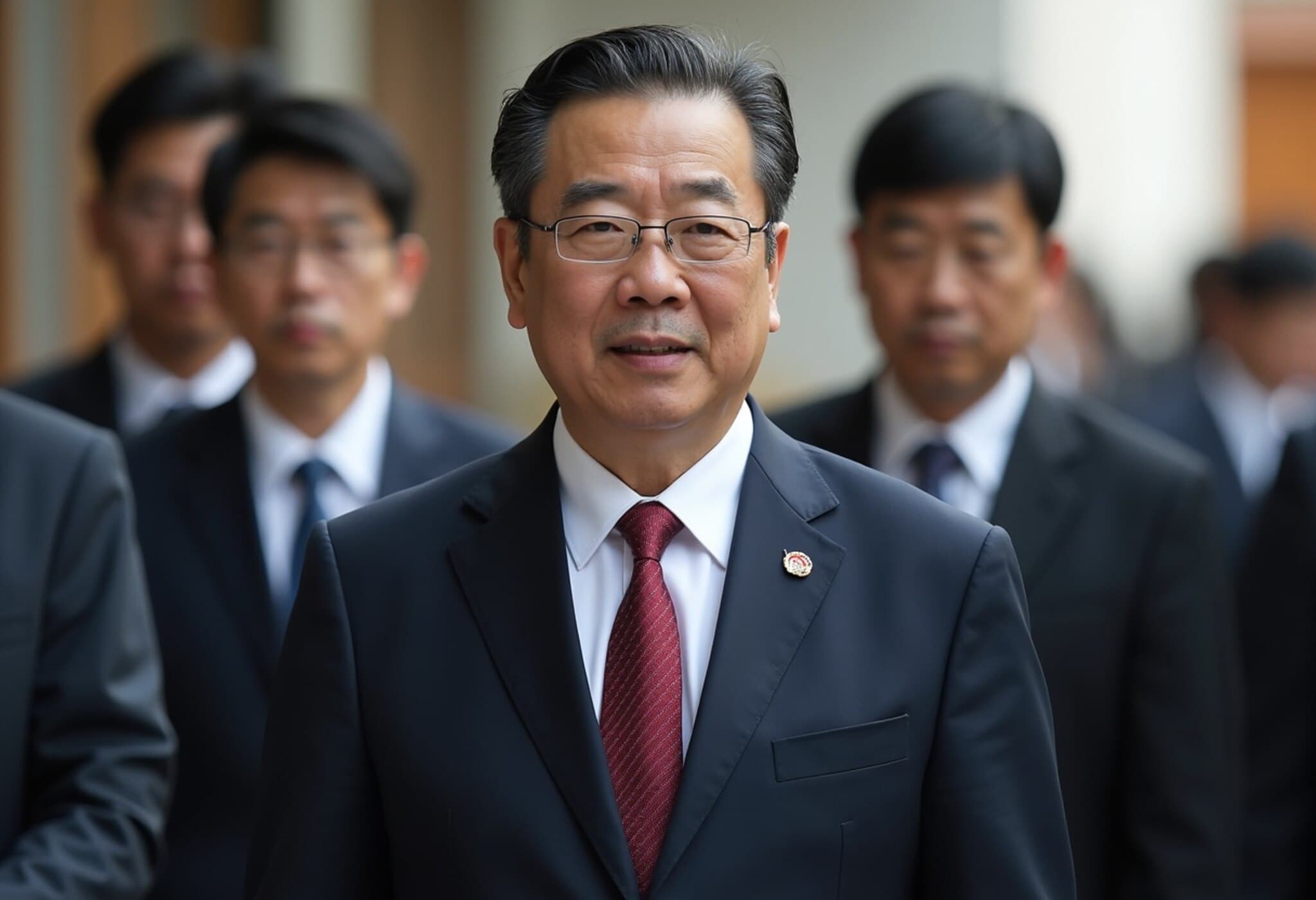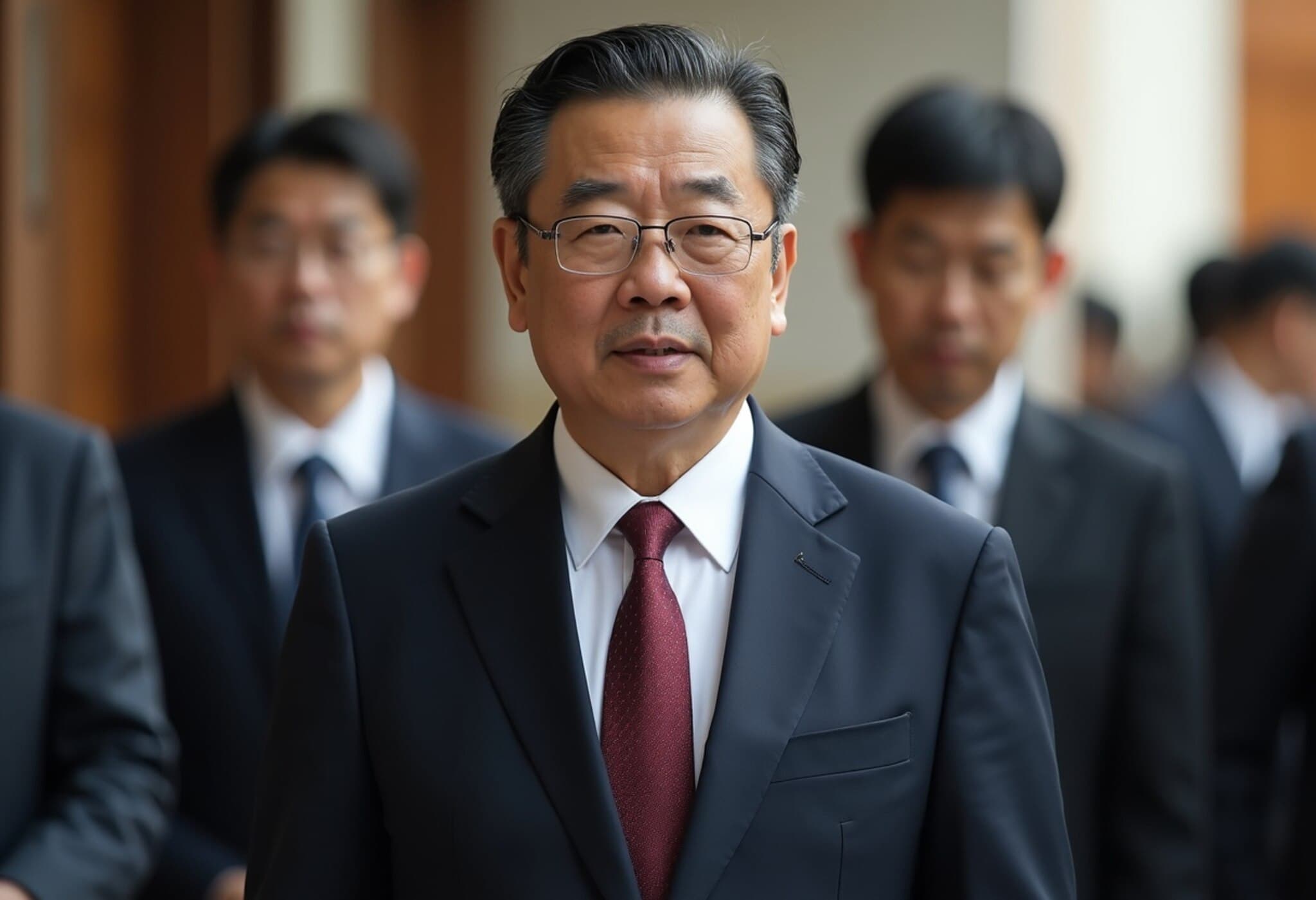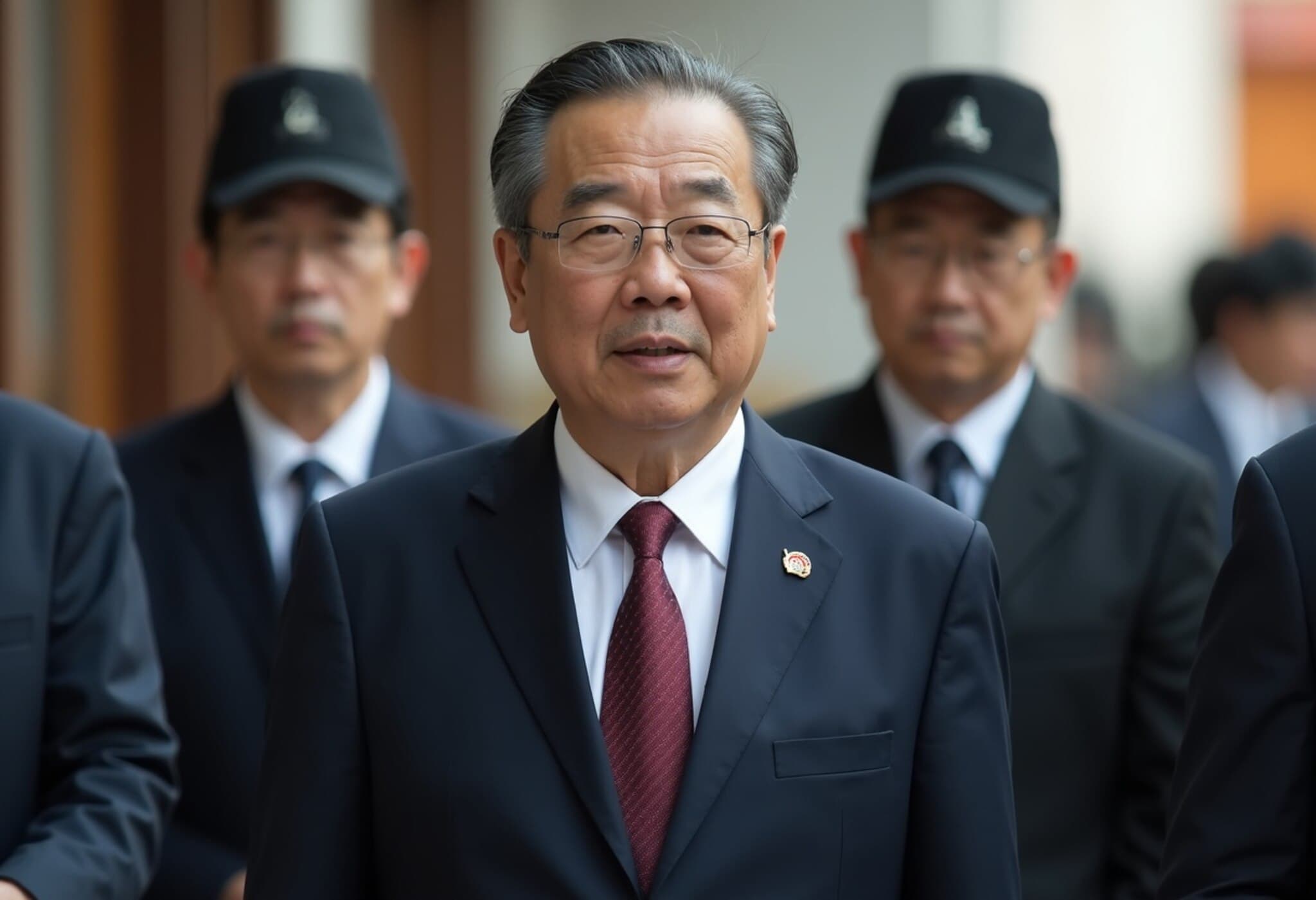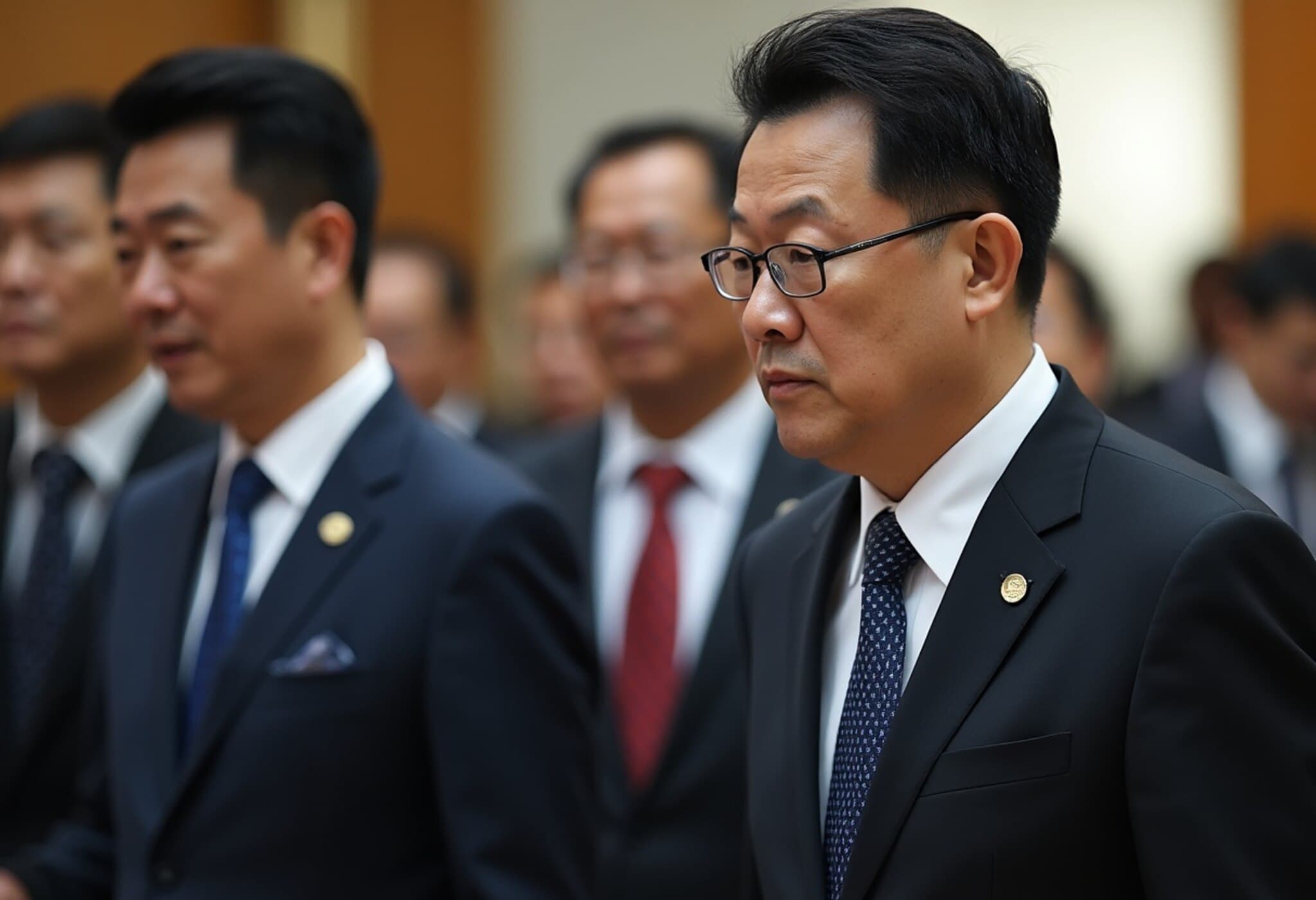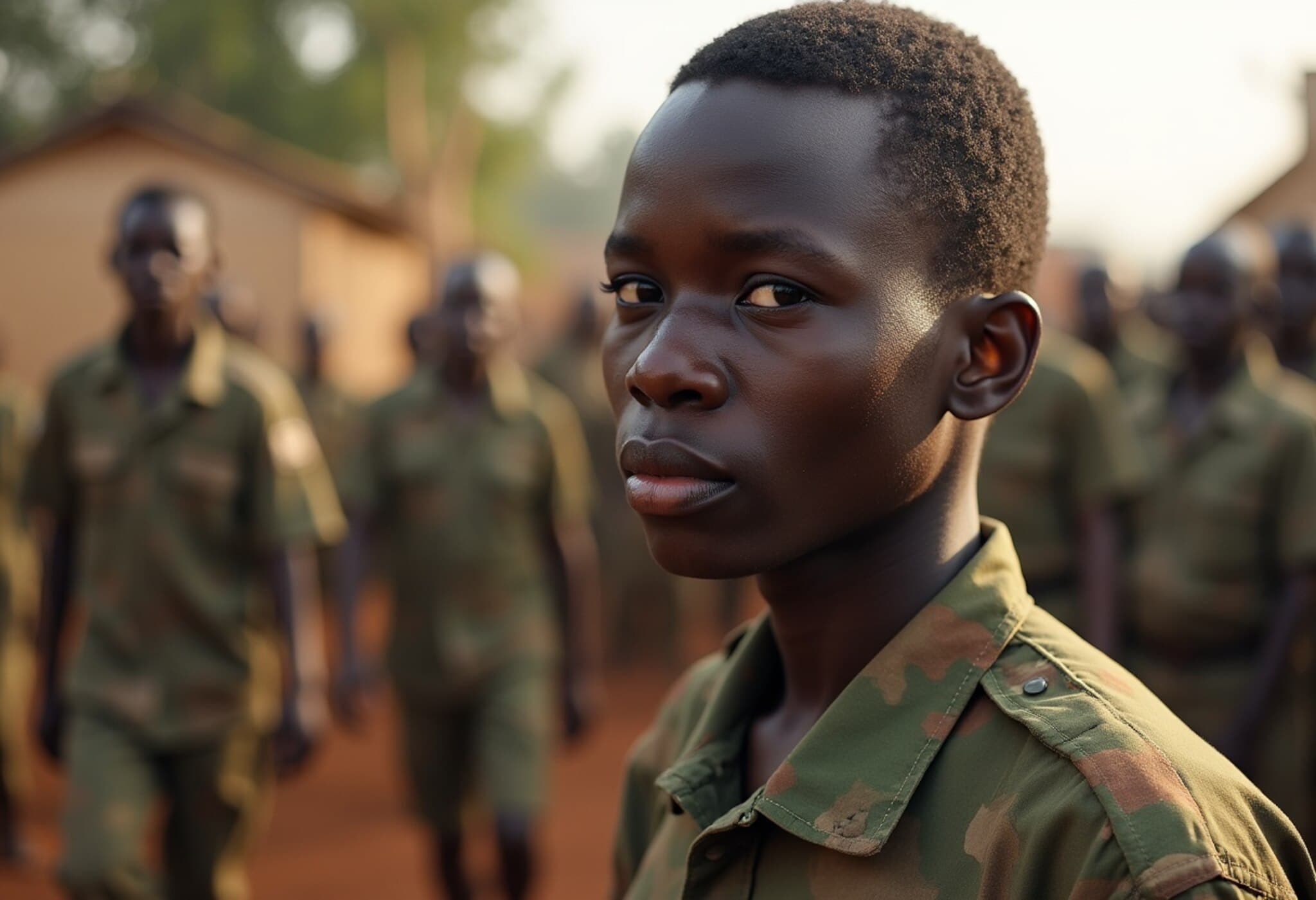Former South Korean President Yoon Suk Yeol Indicted on Fresh Charges
South Korea’s political landscape is once again in the spotlight as former President Yoon Suk Yeol was indicted on additional charges this past Saturday, intensifying the legal scrutiny surrounding his controversial declaration of martial law last December. The special prosecutor's office revealed that the newly filed accusations include abuse of authority to obstruct rights, ordering the deletion of official records, and interfering with the execution of arrest warrants.
Background: The Martial Law Declaration and Its Fallout
Yoon’s brief imposition of martial law in December—aimed at quelling escalating civil unrest—sparked fierce backlash across South Korean society and prompted an in-depth investigation into possible abuses of power. Previously, Yoon was facing trial on charges of insurrection, a grave offense that carries penalties of death or life imprisonment.
The appointment of a special prosecutor in June marked a significant escalation in the probe, enabling a more focused and independent investigation into the allegations. Since then, new evidence has surfaced, leading to these latest indictments.
Legal Proceedings and Current Status
The former president, who was impeached and removed from office earlier this year, has been detained at Seoul Detention Center since the beginning of July. His attempts to secure release pending trial were rejected by the court earlier this week, signaling the judiciary's firm stance.
Yoon continues to vehemently deny all accusations leveled against him. His legal team has yet to comment on the newly added charges.
Expert Analysis: The Broader Implications
This ongoing investigation raises critical questions about the balance of power and accountability in South Korean democracy, especially concerning the limits of executive authority during national crises. Experts note that Yoon’s case could set a precedent for how future governments might be held responsible for emergency measures that infringe upon civil liberties.
Additionally, the probe spotlights the judicial system’s increasing role in navigating politically charged allegations—a reflection of South Korea’s maturing democratic institutions post-authoritarian rule.
Looking Ahead
- Additional investigations continue as prosecutors probe other officials potentially involved.
- The trial timeline has yet to be fully established, but may extend over several months, given the complexity of charges.
- Domestic and international observers remain attentive to how this high-profile case influences South Korea’s political stability and legal norms.
Conclusion
The unfolding legal saga surrounding Yoon Suk Yeol echoes global debates over the delicate equilibrium between safeguarding national security and protecting individual rights. As the case progresses, it will be crucial to watch how South Korea’s institutions uphold justice amid political turbulence.

